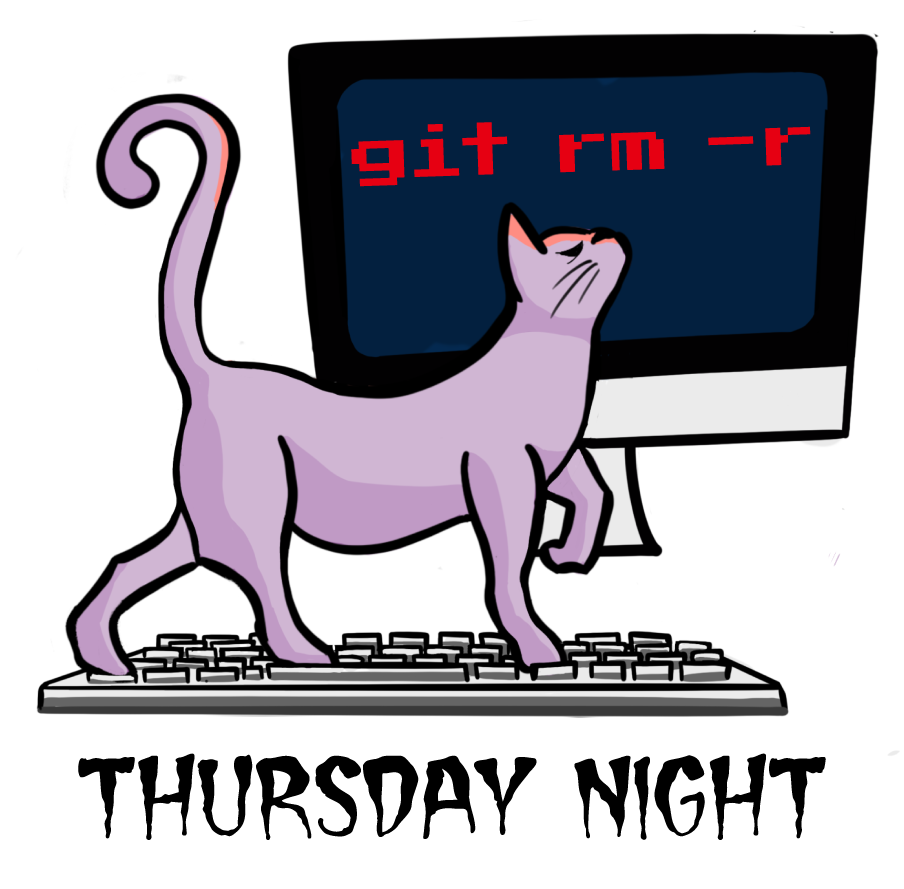How is Knowledge Creation Work Different? (Why Johnny, Inc. Can’t Code.)
The fundamental constraint of knowledge creation work – such as software development – is our ability to discover and create knowledge.
Imagine that you had spent Monday through Thursday working on an essay, a song, or even a computer program. You tore up seven ways that you realized wouldn’t work. You took a walk outside. You slept on it. You did research and found an eighth way that looked like it would work, until you showed it to a friend who pointed out a serious flaw with one part of your idea. By Thursday afternoon you had nearly finished a ninth way that combined the best of your previous approaches and looked to be nearly done. Then Thursday night your cat walked across the keyboard and somehow deleted everything you typed that week.

Would it take you another four days to get back to where you were? Of course not! By 10AM Friday you’d be ahead of where you were Thursday night. Therefore what was the actual constraint on that work? It wasn’t the typing. It was the learning and creation of new knowledge.
Why Johnny, Inc. Can’t Write Software
Have you noticed that companies with lots of money and people can’t seem to develop software that works very well? I know interns who can make better websites than certain airlines can. Those shops aren’t built for learning. They’re organized as if software development is just about typing code. When that fails, they try to fix it with harmful measures: adding incentives and “accountability”, creating new roles and departments, hiring even more people to type code.
Hint: Johnny, Inc. Is Not “Understaffed”
I recently visited a big bureaucratic agency that had trouble doing things that are easy for a small co-located team using modern development practices. I almost fell over when I heard one of the dozen project managers say “We’re understaffed.” No … that’s not the problem.
Implications
What would be different about an organization that recognizes that better software is really about our ability to discover and create knowledge?
| Traditional Organization | Continuous Learning Organization |
|---|---|
| people work in separate cubicles, offices, or cities | each small team works at the same table |
| more people | fewer people |
| more roles | fewer roles |
| more departments | fewer departments |
| single-skilled workers | multi-skilled workers |
| fewer people learn from customers and end users | many people learn from customers and end users |
| private code (my code/your code) practices or policies | internal open-source practices |
| people spend time reading/writing “tickets” | people spend time sharing screens and whiteboards |
| focus on execution, quantity, and velocity | focus on impact |
| learning happens only during brief training periods or on employee’s own time | learning happens every day on company time |
| mistakes are not survivable | experimentation is encouraged |
| retrospectives affect teams only | retrospectives cause improvements to company policies and structure |
| managers coordinate, reallocate, motivate, and mediate | managers are capability builders |
| extended overtime | adequate sleep |
Becoming a learning organization isn’t something that gets solved once, by a training program, a reorg, or a one shot “Agile transformation.” It doesn’t happen just by talking about organizational culture. It is a deep change that cannot ignore the policies and structure of the organization.
Japanese version: 知識創造を行う仕事は、どうしてこうも異なるのか?(なぜあの会社はコーディングができないのか)
